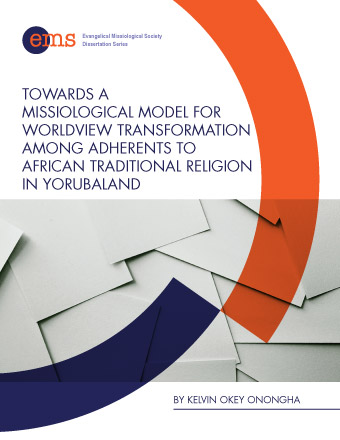Seventh-day Adventist missions in the western region of Nigeria are a century old, yet reversion to pre-Christian practices such as divination and sorcery are reported, especially during periods of personal crises. This study sought to understand the influence of the traditional worldview on the practices of divination and sorcery and to develop a model that would move the Yoruba Adventists from dependence on these practices to a biblically shaped faith and praxis.
A grounded theory approach was adopted for conducting this qualitative research. Data were collected from two focus group discussions and from face-to-face interviews with five pastors, five diviners, and three members who had once consulted diviners.
Concepts that emerged from the analyzed data revealed the need for a theory of worldview transformation. This theory entailed having better biblical explanations to counter existing worldview assumptions, the exigency of encountering the power of the gospel in a power-oriented context, and the importance of experiential relationships with Christ to replace the role of diviners in that context.
The study culminated in a worldview transformation model that would lead Yoruba Adventists away from dependence upon pre-Christian customs to a biblically shaped worldview, and authentic faith and discipleship. Central to this worldview transformational paradigm is the Adventist doctrine of the Great Controversy.
